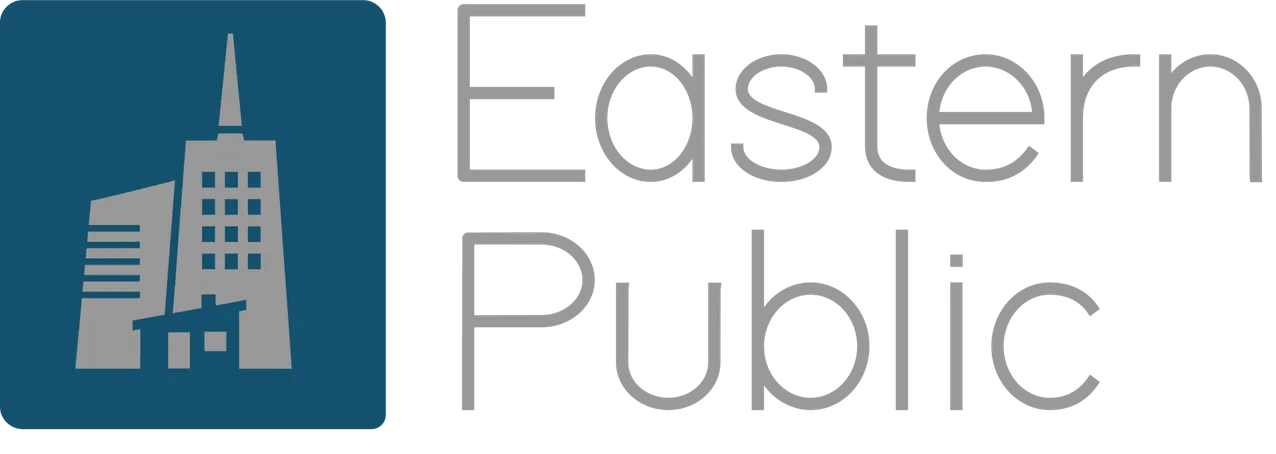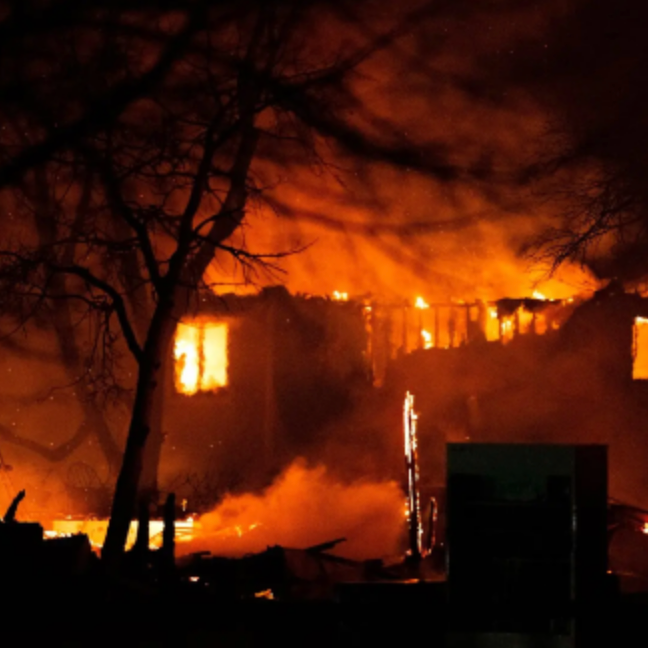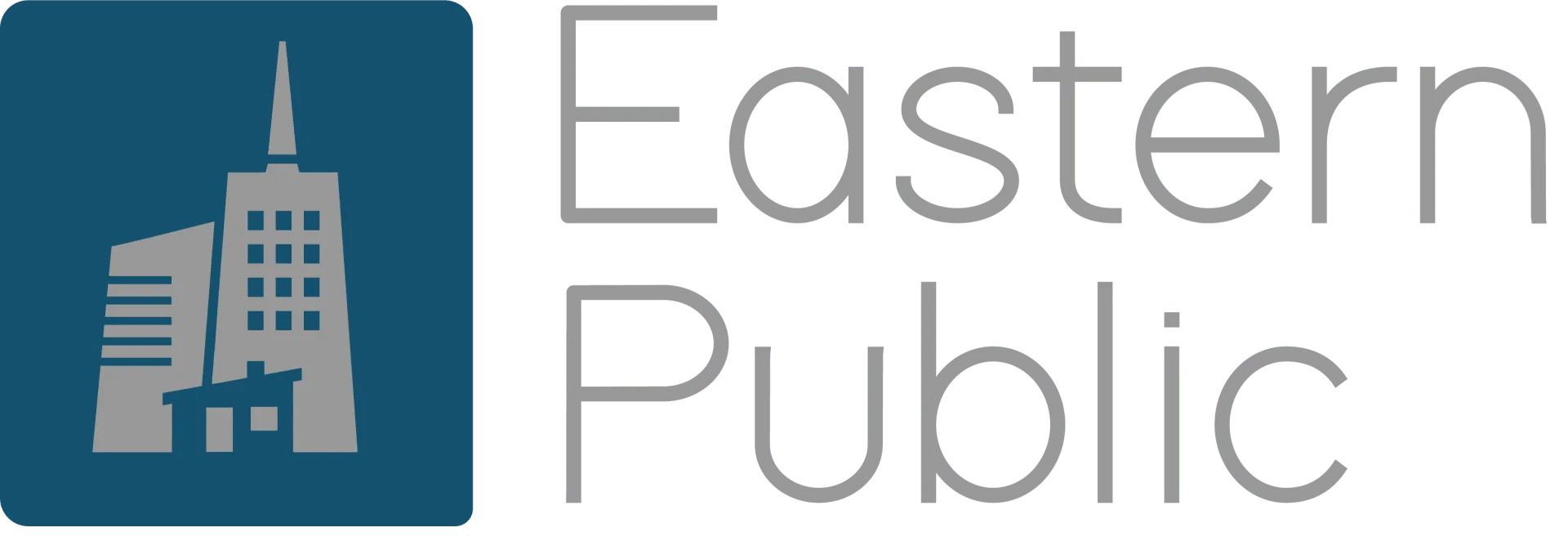Insurance Brokers, Property Managers, and Public Adjusters in the Insurance Claims Process
Insurance Claim Scenario
A sink develops a leak on the 14th floor of a mid-rise apartment building causing severe damage to several apartments and common areas. Management coordinates personnel to clean up the water and calls their insurance broker who notifies the building's insurance carrier of the incident. The carrier assigns a company adjuster to investigate the claim and begin the claims process. What next?
- Who’s responsible for the damage?
- Who’s responsible for the repairs--the building, shareholders, tenants, third parties, or all the above?
- Is the emergency response being handled properly and in a way that mitigates that damage?
- What is being done to understand the extent of the damages sustained?
- What is being done to understand the insurance contract and how it interacts with the damages sustained to the property?
- How does the building quantify the damages, or do you just wait for the insurance carrier to determine how much they want to pay?
- Who maintains communication between all parties providing regular direction and accurate answers to questions?
- What types of issues can delay or result in underpayment of the claims made?
- Is there someone knowledgeable regularly onsite who is monitoring the condition of the property and needs of the people who live in the building?
In a best-case scenario, an actionable plan that answers these questions has been put in place before disaster strikes. But far too often, property owners wrongly rely on their insurance carriers to help them manage their recovery. Others will lean on property management or their insurance brokers to help manage the recovery process. As far too many people have experienced, this approach often results in substantial problems.
The Role of a Public Adjuster
Personal property disasters are traumatic. Next to death or severe illness, it can be one of the most difficult experiences in life that one can suffer. And when disasters occur, often even the savviest of people will not know the right place to turn to for help.
When people suffer severe property damage, most frequently fires or water damage to their homes or businesses, the potential financial consequences can be catastrophic. Most commonly, we purchase and maintain property and casualty insurance to financially protect us from this type of loss. But while the claims process can function in a way that ultimately does get the policyholder paid, far too frequently, claims are unnecessarily delayed and or wrongfully underpaid by insurance carriers--sometimes denied altogether. Most states recognize this problem and in turn, they license claims experts to work strictly on behalf of the policyholder to help protect their rights. This profession is known as a Public Adjuster.
The Public Adjusting industry is not well known to most people and commonly misunderstood by others. Not to be confused with an Independent Adjuster (who is licensed to work only for insurance companies), or Company Adjuster (who is directly employed by the insurance company), a Public Adjuster (“PA”) represents the interest of the insured party only. A qualified and reputable PA provides expertise in all aspects of claims management, arming the policyholder with the resources required to ensure a full and timely recovery from their loss.
Mark Twain was quoted as saying “It ain’t what you don’t know that gets you in trouble. It’s what you know for sure that just ain’t so”. That quote reminds me of my father who always warned me against “knowing just enough to be dangerous.”
Here is where I should point out the important distinction between an insurance CLAIMS expert and an insurance sales or property management expert. Public Adjusters do not sell insurance. They also do not manage real estate for others. This is because insurance sales and property management are complex careers that require years of study, training, and licensing to be successful. Even though I understand and have significant first-hand experience in both industries, providing formal recommendations to consumers needing professional advice in either could be disastrous for the same people I’d be trying to help, or in other words, knowing just enough to be dangerous.
Public Adjusters Provide Expert Insurance Claims Guidance
In New York City, like many most metropolitan cities today, there are countless property management companies. It’s a competitive industry, with many companies opening and closing all the time. What leads to such turnover in most cases is simply quality of service. This quality of service, or lack thereof, is magnified during serious property damage events.
Even the most experienced property management firms generally do not have good processes for handling catastrophic property claims. This is understandable due to the infrequency in which they generally occur. But when people’s lives, homes, and livelihoods are upended by disaster, there is no room for error or misjudgment without costly consequences.
Though the insurance industry is constantly evolving, many management companies employ the same claims processes for many years. No matter the size or magnitude of the claim, they will generally defer to a combination of relying on the insurance carriers’ representatives, a general contractor, and if the client is unhappy, they’ll call their insurance broker to help push the claims process forward. But none of these resources provide the experienced guidance needed to efficiently manage a property recovery from a serious damage event. The time and money that it costs their affected clients is avoidable and, in most cases, will irreparably damage the management companies’ reputation with the client and potentially others.
Why Not Turn to an Insurance Broker or Contractor for Help?
Insurance brokerages sell insurance. They understand their clients’ insurance needs, their risk, and pertinent coverages needed to that clients property or business. They develop relationships with the insurance carriers’ whose policies that they service and can often leverage those relationships when things go wrong in the claims process. And all these things provide great value to a policyholder.
But an insurance broker will likely never step foot on the property that has suffered the loss either before or after the damage event. They do not know how to assess property damage, prepare claims, or negotiate settlements with the insurance carrier. Good brokers know this and will almost always recommend a qualified Public Adjuster to assist the client following catastrophic property loss. But less experienced brokers, or those that are set in their ways, will only recommend reliance on the insurance carriers’ representatives, or refer a general contractor to help the client prepare repair estimates. This too can be a critical error.
General contractors are important in the property damage recovery process. Ultimately, if there is structural damage, it is the contractor’s job to restore the damaged property. But contractors are not licensed or trained to know insurance policy or to negotiate with insurance carriers. They may not be properly certified in fire or water damage restoration standards which most commonly are required to a catastrophic loss. Even in the rare cases that the contractors are properly trained, they do not know what legally should be paid for by the insurance carrier, how to present those claims, and again, they are not legally able to negotiate with the insurance carrier. So, if a contractor under-estimates your damage, doesn’t present it correctly to the carrier, or the carrier is unwilling to pay the contractor’s bill, there is little recourse. This frequently results in avoidable delays and leaves substantial amounts of money for your loss permanently in the hands of the insurance carrier when the claim is not managed by a reputable and experienced Public Adjuster.
The Value of a Public Adjuster
Many management firms and insurance brokers have built relationships with good Public Adjusters who they turn to when disasters affect their clients. They know enough about the claims industry to know how bad claims outcomes can irreparably harm their clients and their own businesses.
Those who do not may maintain a mistaken understanding of the role of Public Adjusters. Primarily, the biggest concern related to recommending a Public Adjuster is that the PA is paid through contingency on the settlement that is negotiated. The contingency is generally a percentage of the final settlement and throughout the country is usually around 10% of the settlement. To a wary insured, this may seem like a lot of money that they will expect to otherwise need to repair or replace their damaged property, leaving some professionals hesitant to recommend a Public Adjuster even when the need for their expert guidance should be apparent.
What the policyholder and their representatives need to understand is the value that the Public Adjuster is going to add to their claim. This value can and often is just a clear monetary increase to settlement awards. But the PA can also provide substantial value beyond that which is invaluable to the recovery process.
At the onset of this article, we raised several questions that frequently occur after a severe property damage occurs. All these questions are easily resolved by a qualified PA. Once retained, the PA will help manage all aspects of the client’s recovery, providing the expert guidance and understanding needed to ensure full and prompt recovery to the property and its affected owners. The PA’s guidance will usually avoid protracted disputes with the insurance carrier, and their understanding of how to prepare and present the claims to be negotiated provides the quickest path to full and fair payment for any loss.
Beyond this, the Public Adjuster is going to be the insured’s best resource to overcome insurance carrier misconduct. The Public Adjuster is licensed by the state in which they are working and specifically empowered to challenge the insurance carrier when good faith efforts to resolve claims are not made. In most instances, the PA is going to be able to resolve most disputes without the assistance of costly attorneys. And in the worst of cases, the PA will have prepared the file in a way that makes the attorney's job much easier and will often serve as expert witness when litigation does become necessary.
Because of the substantial amounts of money that are usually lost by way of severe property damage, understanding the benefit provided by hiring a qualified PA to manage the recovery process at the onset of any catastrophic property damage is a critical first step in any effective recovery strategy.
Contact Our Experienced Public Adjusters
At
Eastern Public, we manage
business interruption claims, and offer
proactive support for business in New York and across the East Coast. Our claims adjusters and forensic accounting team are experienced with residential and business insurance policies, as well as business interruption losses. We offer risk management services to ensure that you are fully covered for business interruption and property damage that might cause serious problems for your company
Eastern Public is a complete property insurance claims and risk management firm based in New York. With over 20 years of experience, we are licensed to serve clients in the greater New York City area and across the East Coast, including New York, New Jersey, Pennsylvania, Connecticut, Massachusetts, Vermont, Maine, Rhode Island, DC, Maryland, North Carolina, South Carolina, Kentucky, and Georgia. For 24/7 claims advice and service, contact us
at
(929) 999.4674
or
info@EasternPublic.com
.








